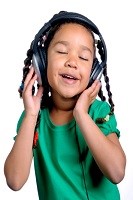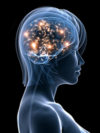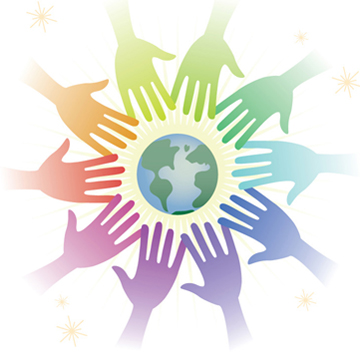Neurodivergent by Nature
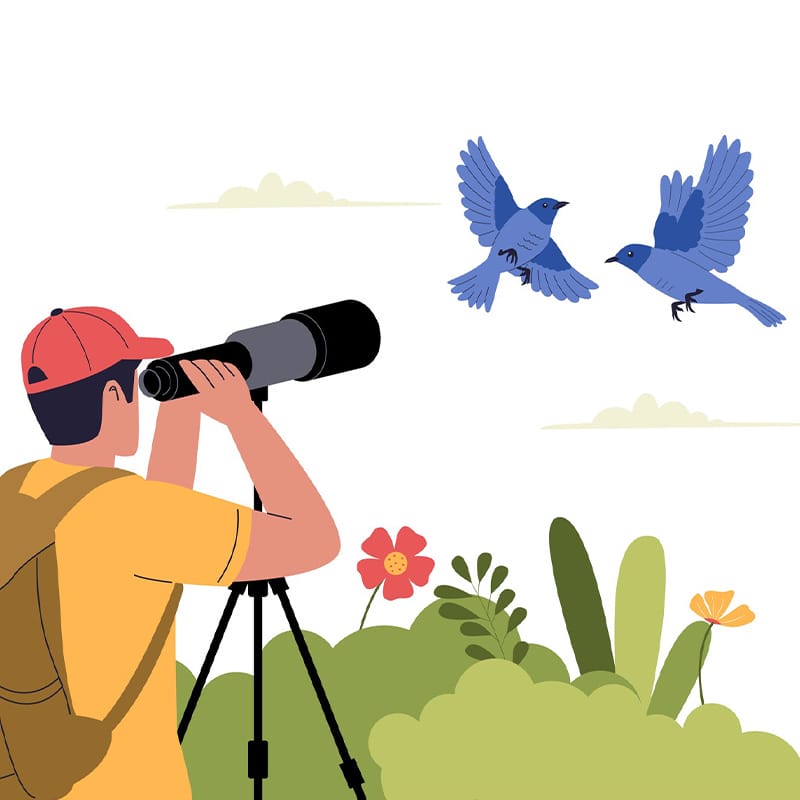
Nature’s Role in Neurodivergent Well-Being
“Neurodivergent” describes individuals whose brain differences affect how they process information, interact with the world, and experience life. Coined by sociologist Judy Singer in 1997, the term “neurodiversity” recognizes that neurological variation is a natural and valuable form of human diversity. Neurodivergent individuals may have distinct strengths and challenges compared to neurotypical individuals—those whose brains function in ways society considers “standard.”
Understanding Neurodivergence
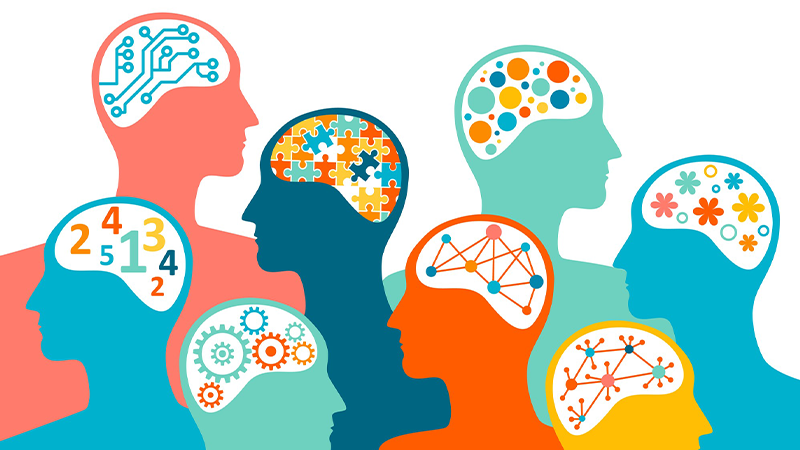
Neurodivergence may include conditions such as:
- Autism spectrum disorder (ASD)
- Attention deficit hyperactivity disorder (ADHD)
- Sensory processing disorder
- Dyslexia and other learning differences
Neurodivergent strengths often include:
- Exceptional memory
- Heightened peripheral perception
- Advanced mathematical reasoning
- Creative problem-solving
- Strong spatial visualization skills
Importantly, “neurodivergent” is not a medical diagnosis nor inherently a disability. Many individuals experience overlapping traits—for example, someone with autism may also have heightened sensory sensitivities.
Neurodivergent Voices and Visibility
An estimated 15–20% of the U.S. population is neurodivergent. Increasingly, individuals are sharing their lived experiences, advocating for inclusion, and reshaping societal understanding. Notable neurodivergent figures include:
- Temple Grandin, animal scientist and author
- Sir Anthony Hopkins, Oscar-winning actor
- Simone Biles, Olympic gold medalist
- Marie Curie, Nobel Prize-winning physicist and chemist
- Vincent Van Gogh, artist
- Albert Einstein, theoretical physicist
Nature as a Neurodivergent Ally
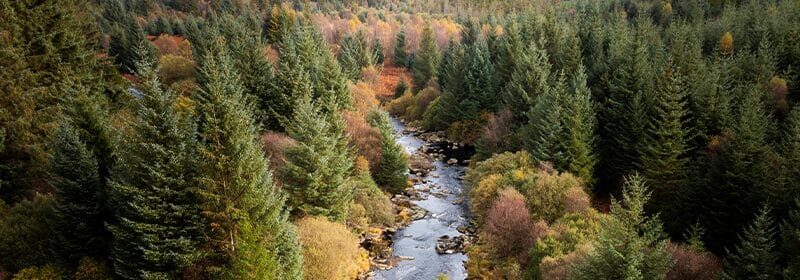
Just as neurodiversity enriches human society, biodiversity sustains life on Earth. For many neurodivergent individuals, nature offers a refuge from overstimulation and social pressure. In natural settings:
- There’s no expectation to conform or perform
- Sensory input is often gentler and more predictable
- Open spaces reduce physical and sensory constraints
Nature-based programs like the Autism Nature Trail in Letchworth State Park (NY) and Flying Starlings Farm (MA) provide immersive, hands-on experiences tailored to neurodivergent children.
Engagement Through Observation and Sensory Play
Neurodivergent individuals often seek stimulation and novelty. Watching birds, fish, or insects can spark curiosity and engagement. Environmental activists like Greta Thunberg and Chris Packham have spoken about how their neurodivergence fuels their passion for nature and climate advocacy. Thunberg describes her autism as a “superpower” that enables deep focus and unique insight.
Nature’s Therapeutic Benefits
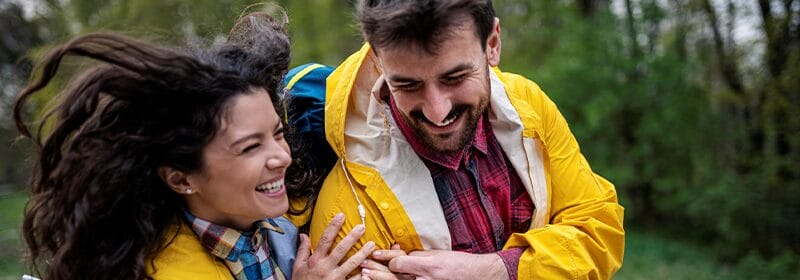
Research shows that exposure to natural environments can support neurodivergent well-being. Benefits include:
- Enhanced motor coordination and agility
- Improved language and cooperative skills
- Reduced stress and anxiety
- Increased social interaction
- Strengthened reasoning and observational skills
- Improved focus and cognitive function
- Better emotional regulation
Sensory preferences vary widely. Some individuals may enjoy tactile experiences like rain or pinecones; others may prefer quiet observation of birds or insects.
Bringing Nature Indoors
Nature can also be integrated into indoor environments:
- Use calming colors and natural scents
- Display nature-themed artwork or photographs
- Install birdfeeders near windows to encourage observation
Individualized Approaches Matter
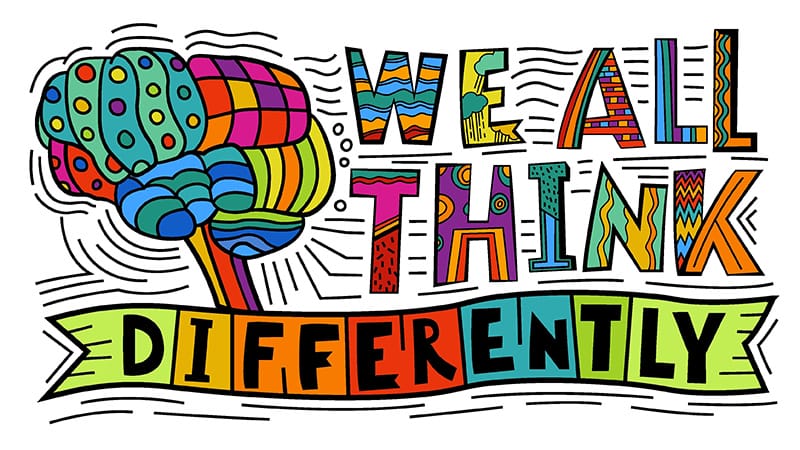
Every neurodivergent person is unique. These ideas are not one-size-fits-all but offer a starting point for exploring how nature can support sensory regulation, emotional resilience, and cognitive growth. As society deepens its understanding of both ecological and neurological diversity, the value of inclusive, nature-based experiences becomes more evident.
Learn More About Nature and Healing
Learn more, generally, about nature and healing in our course, Nature And Healing – The Power Of Connection.
Sources
Cleveland Clinic. (2022). Neurodivergent. Retrieved April 18, 2025 from https://my.clevelandclinic.org/health/symptoms/23154-neurodivergent
Marcus Autism Center. (2024). Learning opportunities in nature. Retrieved April 18, 2025 from https://www.marcus.org/autism-resources/autism-tips-and-resources/how-to-use-nature-to-nuture-your-child
Martinez, C. (2025). Oh, look! A bird! Sierra, 110(1), 56–58.

